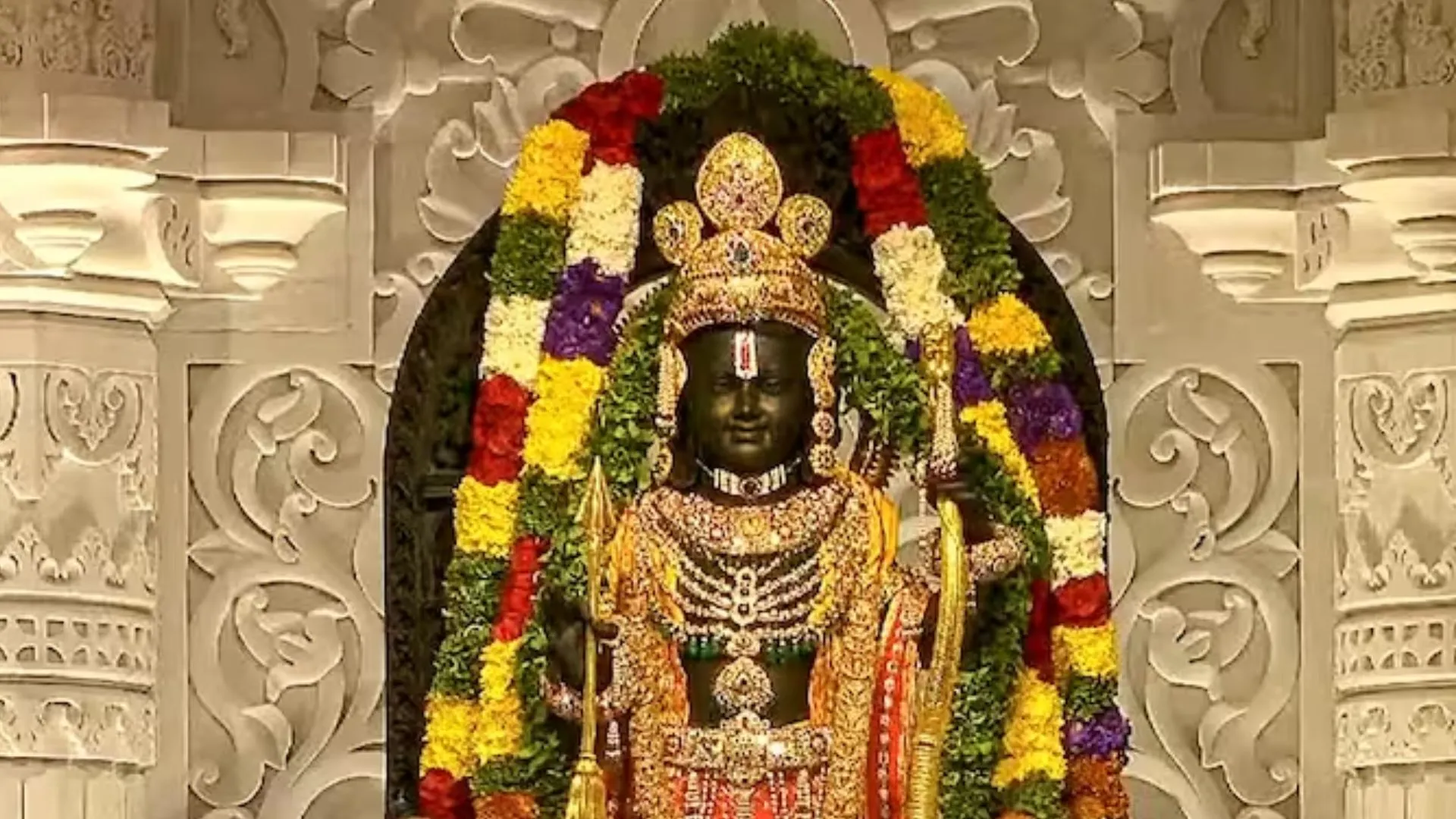The Centre has filed an affidavit opposing the petition for legal recognition of same-sex marriage, claiming that living together as partners by same-sex individuals, which is now legal, is not comparable with the Indian family unit and that they are clearly distinct classes that cannot be treated equally.
The Centre has filed an affidavit in response to numerous petitioners’ requests for legal recognition of same-sex marriage. The Centre has filed an affidavit opposing the petition, stating that applications seeking legal recognition of same-sex couples should be rejected because they lack validity.
As part of its opposition to the petition seeking legal recognition of LGBTQ marriage, the government stated that same-sex partnerships and heterosexual relationships are obviously separate groupings and cannot be treated similarly.
The Centre stated in its affidavit that it is for the legislature to determine and enforce such societal morality and public acceptability based on Indian ethos, and that western rulings without any basis in Indian constitutional law jurisprudence cannot be imported in this context.
The Centre informed the Supreme Court in the affidavit that living together as partners by same sex persons, which is now decriminalised, is not comparable with the Indian family unit notion of a husband, a wife, and children.
The Centre argued that the principles of legitimate state interest, which are an exception to life and liberty under Article 21, would apply in this case. The Centre argued that legislative recognition of marriage as a union between a “man” and a “woman” is inextricably tied to acceptance of the diverse institution of marriage and acceptance of Indian society based on its own cultural and sociological norms acknowledged by the competent legislature.
The Centre argued before the Supreme Court that statutory recognition of marriage as a union between a “man” and a “woman” is inextricably linked to acceptance of the heterogeneous institution of marriage and acceptance of Indian society based on its own cultural and societal values recognised by the competent legislature.
According to the Centre, the basic right under Article 21 is subject to the legal system and cannot be broadened to encompass the fundamental right for a same-sex marriage to be recognised under the country’s laws, which in reality compel the reverse.
Notwithstanding the legalisation of Section 377 of the Indian Criminal Code, the Petitioners cannot assert a basic right to have same-sex marriage recognised under Indian law, the Government stated in its affidavit.
“Recognition of marriage necessarily brings with it the right to adopt and other ancillary rights. It is, therefore, necessary that such issues are left for being decided by the competent Legislature where social, psychological and other impacts on society, children etc., can be debated. This will ensure that wide-ranging ramifications of recognizing such sacred relationships are debated from every angle and legitimate state interest can be considered by the Legislature,” Centre said.
Adding further, the government said that marriage between a biological man and a biological woman takes place either under personal laws or codified laws and the parties entering into marriage create an institution having its own public significance as it is a social institution from which several rights and liabilities flow.
“Seeking declaration for solemnisation/registration of marriage has more ramifications than simple legal recognition. Family issues are far beyond mere recognition and registration of marriage between persons belonging to the same gender. Living together as partners and having a sexual relationship with same-sex individuals [which is decriminalised now] is not comparable with the Indian family unit concept of a husband, a wife and children which necessarily presuppose a biological man as a ‘husband’, a biological woman as a ‘wife’ and the children born out of the union between the two – who are reared by the biological man as a father and the biological woman as mother,” the affidavit said.
In response to the petitioner’s submission, the government argued that registering marriages between same-sex people violates existing personal as well as codified law provisions such as “degrees of prohibited relationship,” “conditions of marriage,” and “ceremonial and ritual requirements” under personal laws governing the individuals.
If a marriage is to be solemnised and registered under any personal law;’requirements for registration’, if a marriage is to be registered under the Special Marriage Act;’restitution of conjugal rights’; ‘judicial separation’, ‘divorce’; ‘conditions of divorce’; ‘alimony and maintenance pendente lite’, ‘permanent alimony and maintenance’; ‘expenses of marriage proceedings’; ‘disposal of property’, ‘adoption’, ‘guardianship’, etc will be affected, which is the exclusive domain of the Legislature, the government said.
One of the petitions earlier has raised the absence of a legal framework which allowed members of the LGBTQ+ community to marry any person of their choice. According to the earlier petition, the couple sought to enforce the fundamental rights of LGBTQ+ individuals to marry any person of their choice and said that, “the exercise of which ought to be insulated from the disdain of legislative and popular majorities.” The petitioners, further, asserted their fundamental right to marry each other and prayed for appropriate directions from this Court allowing and enabling them to do so.
















